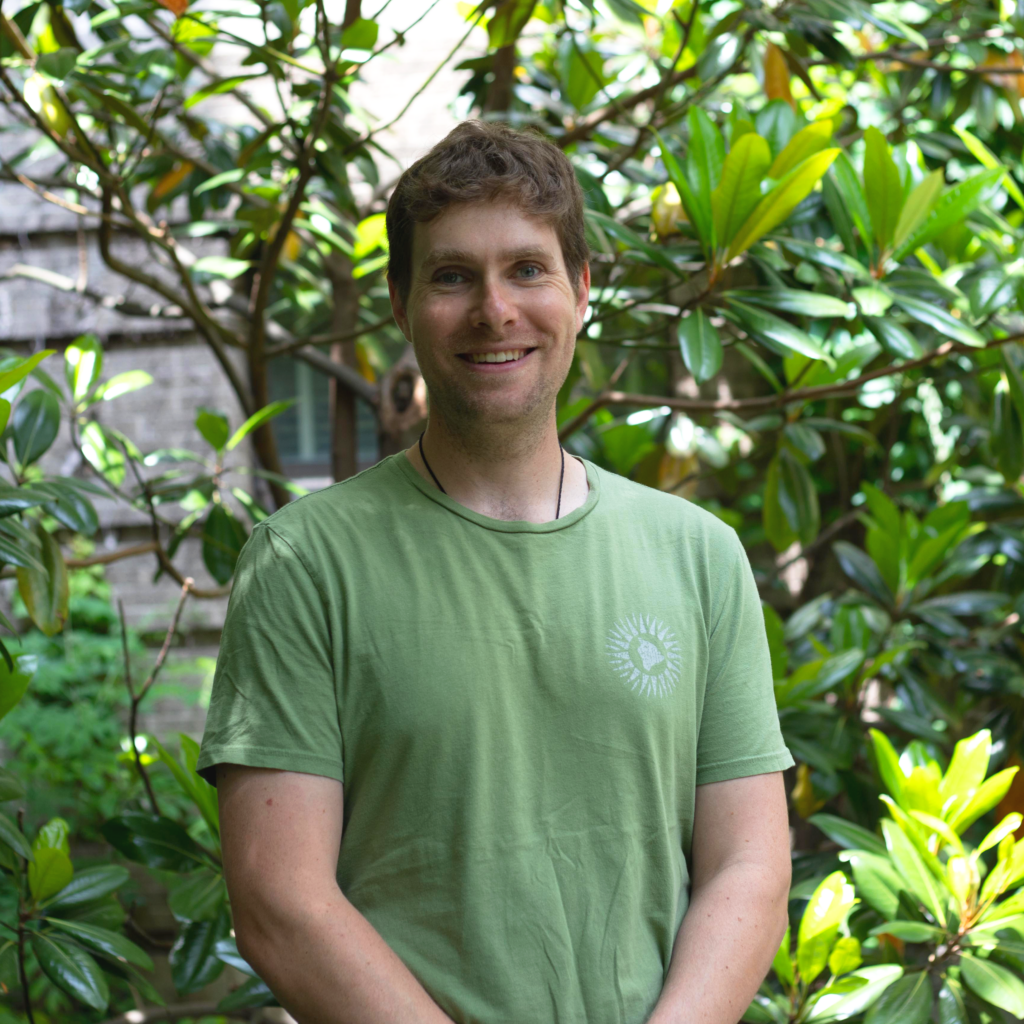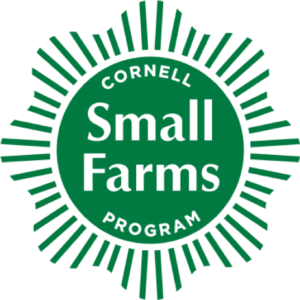Connor Youngerman

Agroforestry & Mushroom Specialist
My childhood was a vibrant patchwork of practical agriculture, environmental stewardship, and getting lost in the woods. I grew up on a family farm in rural Prince Edward Island, and blame my parents and siblings for instilling in me a deep connection to the land and a love of nature. We grew vegetables, planted an inordinate and diverse number of trees, and tested out almost every type of animal husbandry (emus, llamas, and rabbits included).
Surprising to no one, I studied Biology at the local university (UPEI), and received a B.Sc. in 2012. My honors thesis was on dragonflies and caddisflies. I left the Island soon after graduating and searched for what came next. It took three years, but I eventually made my way to Cornell to study cover crops in the Ryan Lab and received my M.Sc. in Soil and Crop Science in 2017. Between semesters and degrees, I’ve worked in riparian restoration, green roofing, vegetable and fruit production, ranching, natural building, beekeeping, foraging, and data science. This involved living, learning, and listening in Massachusetts, New York, Virginia, Arizona, and Hawaii.
As the Agroforestry and Mushroom Specialist with the Cornell Small Farms Program, I apply my skills and experience toward climate resiliency outreach for new, established, and historically excluded farmers. My particular interests lie in advancing research and education for agroforestry tree nursery management, medicinal agroforestry crops, and novel mushroom substrates. I believe these areas hold huge potential to diversify the ecological and economic portfolio of small-scale farmers.
When not actively working to further agroforestry in NYS, I spend my time waging a war of attrition against honeysuckle on old family land in Hector, NY — slowly replacing the shrubs with trees and perennial herbs. I am also the VP of the North American Tang Shou Tao Association, and teach bagua, xingyi, tuina, and qigong in Ithaca.


